Refinancing Your Home
Here's what you should know.

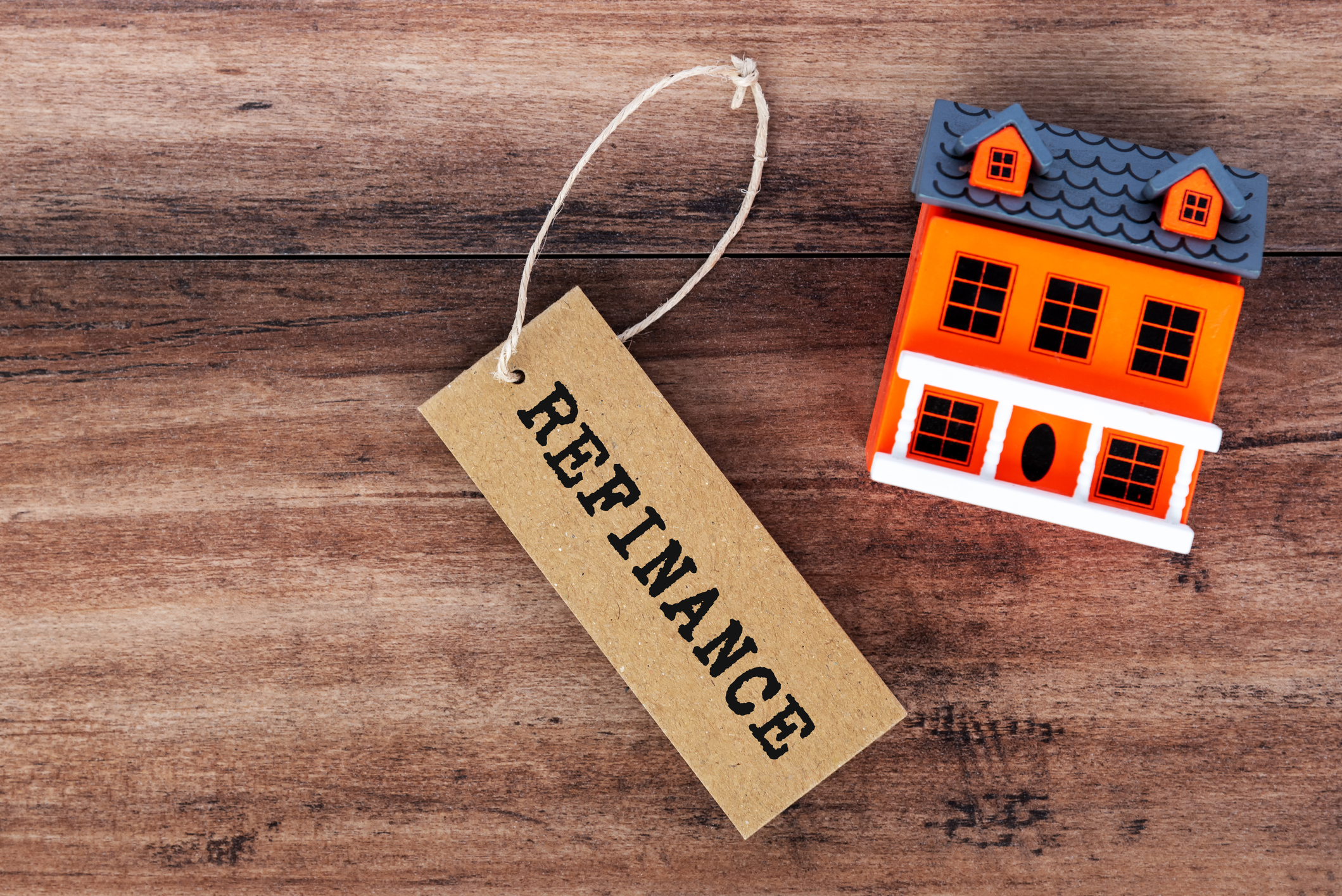
Profit and prosper with the best of Kiplinger's advice on investing, taxes, retirement, personal finance and much more. Delivered daily. Enter your email in the box and click Sign Me Up.
You are now subscribed
Your newsletter sign-up was successful
Want to add more newsletters?

Delivered daily
Kiplinger Today
Profit and prosper with the best of Kiplinger's advice on investing, taxes, retirement, personal finance and much more delivered daily. Smart money moves start here.

Sent five days a week
Kiplinger A Step Ahead
Get practical help to make better financial decisions in your everyday life, from spending to savings on top deals.

Delivered daily
Kiplinger Closing Bell
Get today's biggest financial and investing headlines delivered to your inbox every day the U.S. stock market is open.

Sent twice a week
Kiplinger Adviser Intel
Financial pros across the country share best practices and fresh tactics to preserve and grow your wealth.

Delivered weekly
Kiplinger Tax Tips
Trim your federal and state tax bills with practical tax-planning and tax-cutting strategies.

Sent twice a week
Kiplinger Retirement Tips
Your twice-a-week guide to planning and enjoying a financially secure and richly rewarding retirement

Sent bimonthly.
Kiplinger Adviser Angle
Insights for advisers, wealth managers and other financial professionals.

Sent twice a week
Kiplinger Investing Weekly
Your twice-a-week roundup of promising stocks, funds, companies and industries you should consider, ones you should avoid, and why.

Sent weekly for six weeks
Kiplinger Invest for Retirement
Your step-by-step six-part series on how to invest for retirement, from devising a successful strategy to exactly which investments to choose.
If you have equity in your home and haven't bothered to refinance at today's low rates, it's not too late to save. (In mid February 2015, the national average 30-year fixed rate was 3.6% and the 15-year fixed rate was 2.9%, according to Freddie Mac). You don’t necessarily have to reduce your rate a lot to benefit. The question is whether you will stay in your home long enough to recoup the closing costs with savings on your monthly payments (run the numbers using the refi calculator at www.mtgprofessor.com).
The national average cost to close on a $200,000 mortgage in 2014 was $2,539, including the cost of an appraisal, according to Bankrate.com. (To see what average closing costs are in your state, check out Bankrate's guide to closing costs.)
You can pay for the refinancing in one of three ways: Upfront in cash, rolled into the amount of the loan (called a limited cash-out refi) or with a slightly higher interest rate (a so-called no-cost refi). To see which strategy will benefit you the most, use HSH.com's Tri-Refi Calculator.
From just $107.88 $24.99 for Kiplinger Personal Finance
Become a smarter, better informed investor. Subscribe from just $107.88 $24.99, plus get up to 4 Special Issues

Sign up for Kiplinger’s Free Newsletters
Profit and prosper with the best of expert advice on investing, taxes, retirement, personal finance and more - straight to your e-mail.
Profit and prosper with the best of expert advice - straight to your e-mail.
Consider your equity
You can find a rough estimate of the market value of your home at Zillow.com or Trulia.com. Even better, ask a real estate agent, who may get your business down the road, to provide a market valuation of your home based on recent comparable sales.
Ask your loan officer to help you run the numbers to see what program works best for you after factoring in the cost of mortgage insurance, whether from a private mortgage insurer or FHA. If you're still underwater on your loan—that is, you owe more on your mortgage than the market value of your home--see www.homeaffordable.gov for options.
Check your credit. Minimum credit scores are higher for refis than for purchase mortgages (at least 620 to 680) and higher still (at least 640 to 700) if you take cash out.
The stronger your qualifications (the more equity you have, the higher your credit score and the less debt you carry), the lower the interest rate you’ll be able to lock in. Borrowers with a credit score of 740 or more and equity of at least 25% will do best. You don’t have to meet those benchmarks, but if you don’t—in the worst case--you could see as much as 3.25 percentage points tacked on to your rate. (Requirements are stiffer for multi-unit properties, second homes and investment properties.)
Well before you shop, it’s smart to double-check your credit reports from Equifax, Experian and TransUnion, the three major credit-reporting agencies (free annually at annualcreditreport.com) to ensure that no errors drag down your score. At myfico.com, you can obtain your FICO score and credit report from one of the agencies for $19.95.
Check out a variety of lenders, including smaller banks, credit unions and mortgage brokers who can help you find a loan program. Multiple credit checks won't diminish your credit score if they occur within a three-week period, but you could add a buffer by completing the task in two weeks. (For more tips on improving your credit score, see our story 6 Things to Know About Credit Scores.)
Once the refinancing is under way, don't open new credit lines or increase the balances of your existing credit, because lenders will reverify your debt-to-income ratios just before closing. If the ratios exceed the lender's limit, it must requalify you.
Prove it. Before a lender can approve your loan, it must document the amount and source of your down payment, closing costs, income, assets and more. At the very least a lender will request the "2/2/2," that is, two pay stubs, two months of bank statements and two years of W-2s.
The list will be longer if you have income that doesn’t show up on a W-2—say, from self-employment, commission or bonus income, or alimony. In that case, a lender may ask you for several months of bank and investment account statements to verify your assets, two years of tax-return transcripts from the IRS, or a year-to-date profit and loss statement and balance sheet prepared and signed by your accountant.
Withdrawals from savings don't count as income. But if you are retired and have been tapping a 401(k) or IRA for at least two months, that does count as long as you have enough funds to cover three years of income at that withdrawal rate.
If you have a second mortgage or line of credit, that lender will have to agree to "resubordinate" its right to repayment behind the new first-mortgage lender if you default.
As a lender scrutinizes your file, it may ask for more documentation, especially to explain any gaps in employment or inconsistent income.
Finally, you must show lenders that you have funds to cover closing costs—or income high enough to cover a bigger payment, if you roll them into the loan.
Profit and prosper with the best of Kiplinger's advice on investing, taxes, retirement, personal finance and much more. Delivered daily. Enter your email in the box and click Sign Me Up.

-
 Quiz: Do You Know How to Avoid the "Medigap Trap?"
Quiz: Do You Know How to Avoid the "Medigap Trap?"Quiz Test your basic knowledge of the "Medigap Trap" in our quick quiz.
-
 5 Top Tax-Efficient Mutual Funds for Smarter Investing
5 Top Tax-Efficient Mutual Funds for Smarter InvestingMutual funds are many things, but "tax-friendly" usually isn't one of them. These are the exceptions.
-
 AI Sparks Existential Crisis for Software Stocks
AI Sparks Existential Crisis for Software StocksThe Kiplinger Letter Fears that SaaS subscription software could be rendered obsolete by artificial intelligence make investors jittery.
-
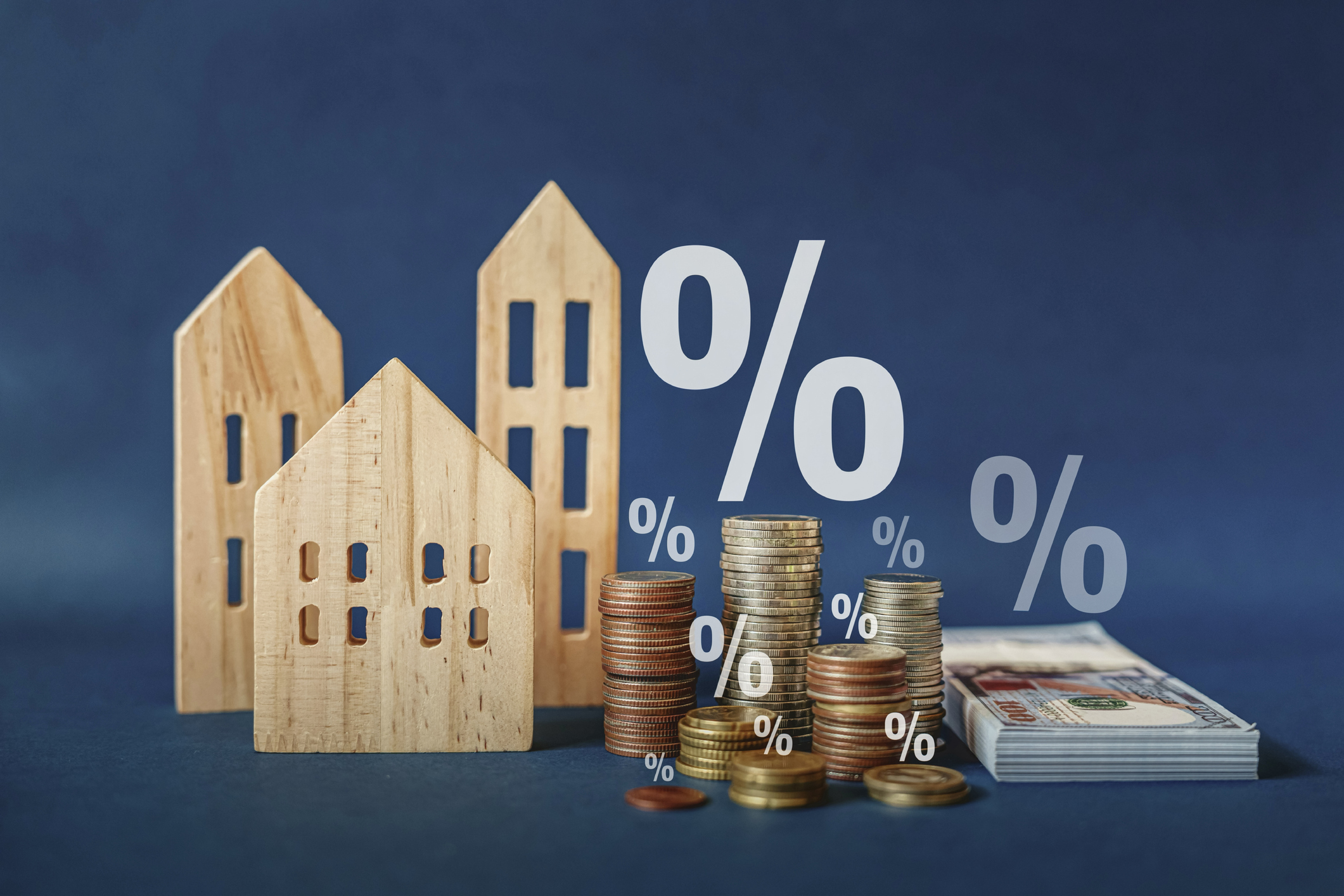 Is the Housing Market's 'Lock-In Effect' Finally Starting to Ease?
Is the Housing Market's 'Lock-In Effect' Finally Starting to Ease?As mortgage rates stabilize and fewer owners hold ultra-low loans, the lock-in effect may be losing its grip.
-
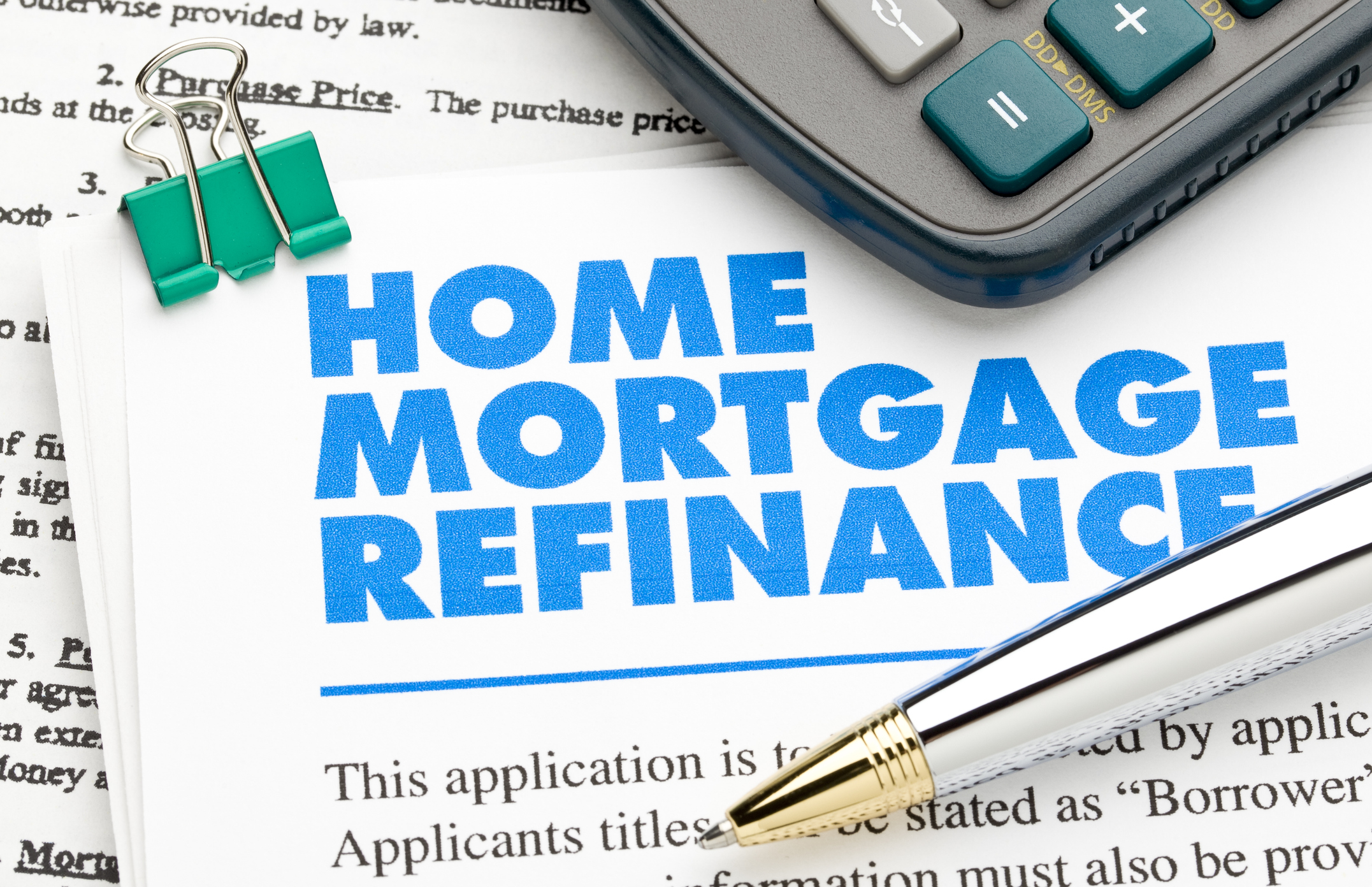 What to Watch for When Refinancing Your Home Mortgage
What to Watch for When Refinancing Your Home MortgageA smart refinance can save you thousands, but only if you know how to avoid costly pitfalls, calculate true savings and choose the right loan for your goals.
-
 Builders Are Offering Big Mortgage Incentives — What Homebuyers Should Watch For
Builders Are Offering Big Mortgage Incentives — What Homebuyers Should Watch ForBuilder credits and below-market mortgage rates can ease affordability pressures, but the savings often come with trade-offs buyers should understand before signing.
-
 Trump Signals Plan to Ban Institutional Investors From Buying Single-Family Homes
Trump Signals Plan to Ban Institutional Investors From Buying Single-Family HomesThe president says the move could improve housing affordability. Here’s what the data show about investor ownership, recent buying trends and what it could mean for homebuyers.
-
 How Much Income You Really Need to Afford a $500,000 Home
How Much Income You Really Need to Afford a $500,000 HomeAs home prices increase, the income needed for a house is also climbing. We break down what you need to earn to afford a $500,000 home.
-
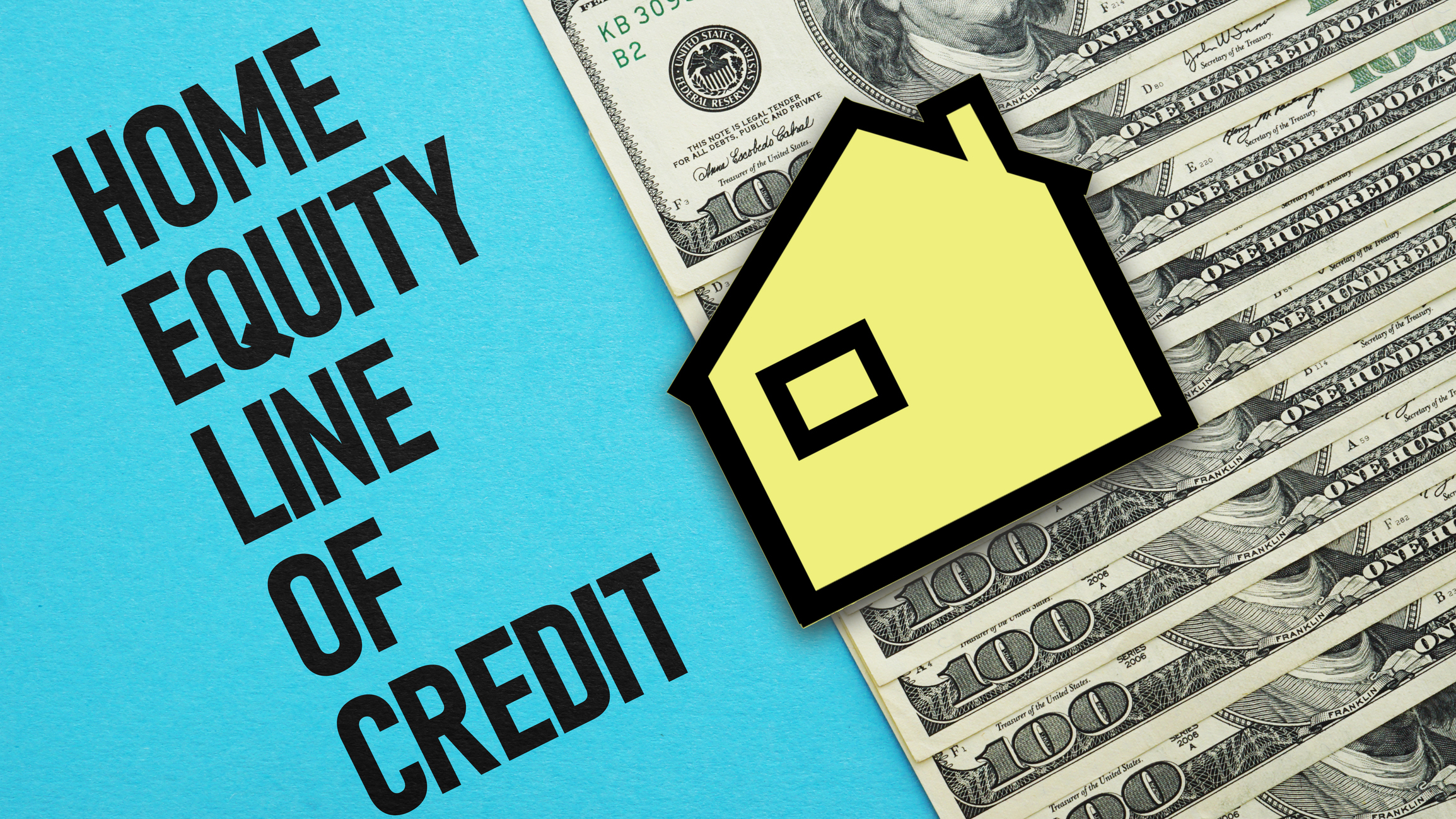 How Much Would a $50,000 HELOC Cost Per Month?
How Much Would a $50,000 HELOC Cost Per Month?Thinking about tapping your home’s equity? Here’s what a $50,000 HELOC might cost you each month based on current rates.
-
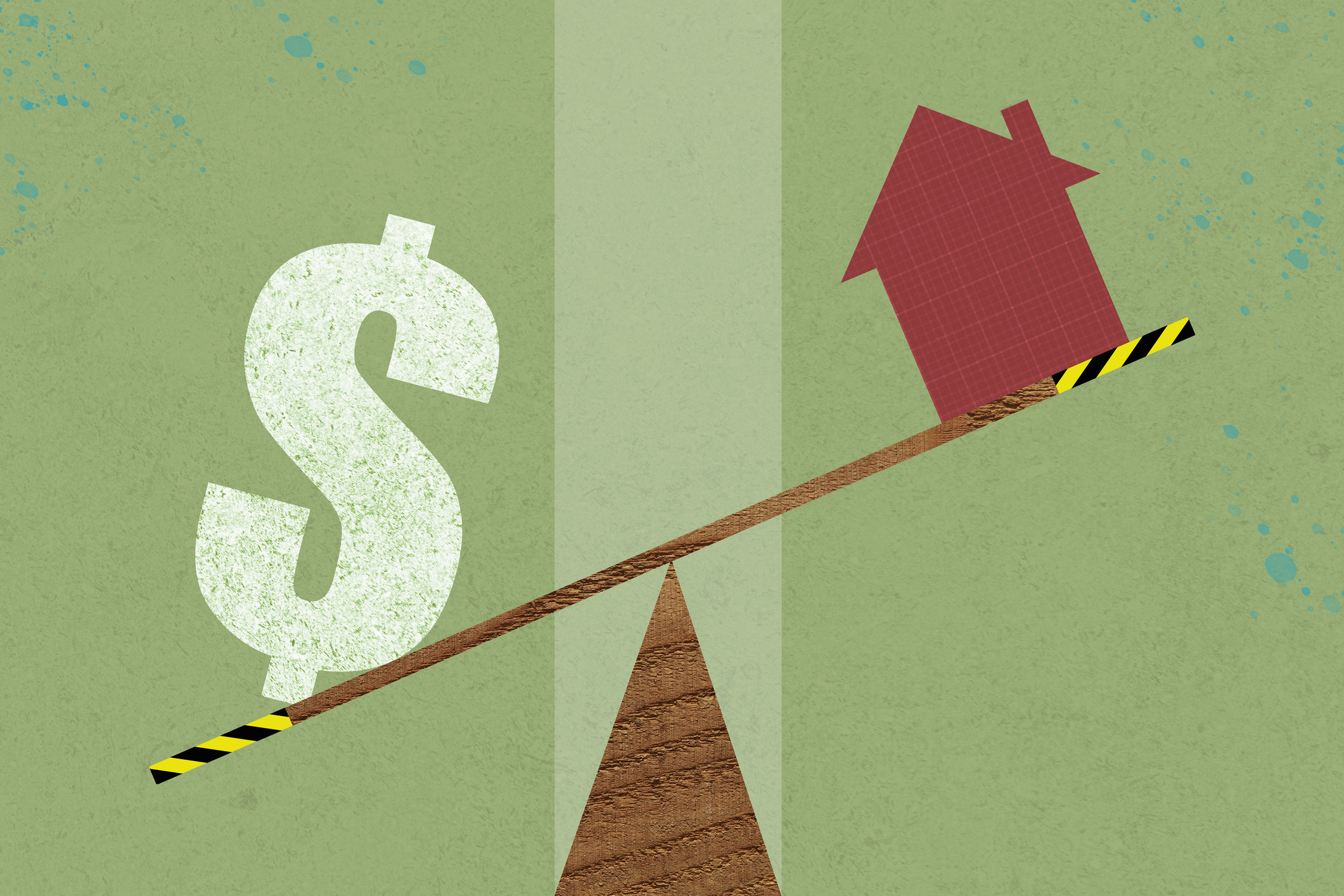 Should You Tap Your Home Equity Before 2026?
Should You Tap Your Home Equity Before 2026?As borrowing rates and tax law shifts converge, here's what homeowners need to know before pulling equity out of their home.
-
 What to Know About Portable Mortgages
What to Know About Portable MortgagesA closer look at how portable mortgages would work, who might benefit and why the concept is gaining attention amid high rates and limited supply.